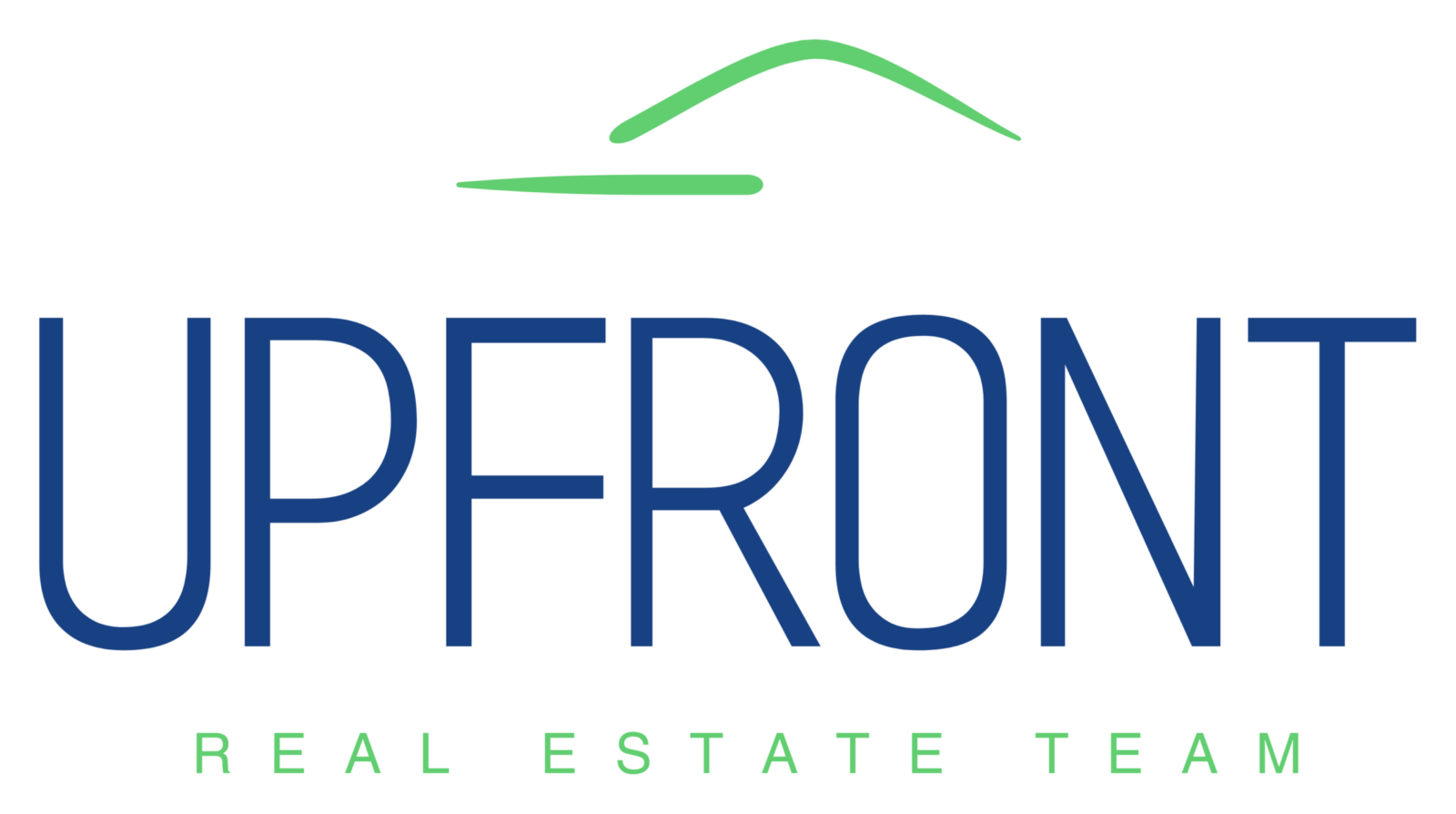WHERE DO I WANT TO LIVE?
Narrow down your search to those neighborhoods you want to live in. Keep in mind, your commute to and from work, or if you have children check school options as well as recreation areas for the little ones.
General neighborhood atmosphere, access to public transportation, and access to shopping areas are valid factors when choosing a place to rent. Check crime rates with the local police.
If you have pets, inquire about restrictions on pets in building and neighborhood.
WHAT DO I WANT AND NEED?
Make sure you have a good idea of what you’re looking for in a rental property. You may not be able to get everything on your wish list, prioritizing your requirements in advance will make your search easier.
For example, will you need an unfurnished, partly furnished or fully furnished unit. How important is it to have washer and dryer in the unit? Does the rental property offer assigned parking? Is parking included in the rent payment?




